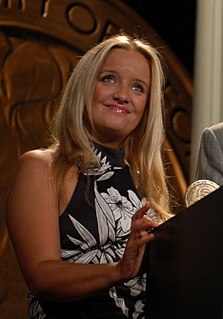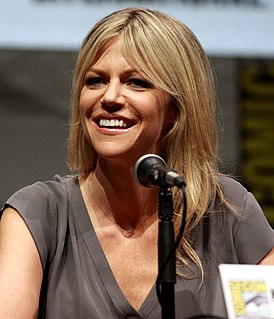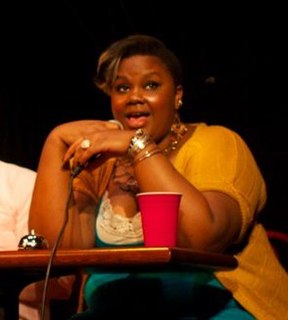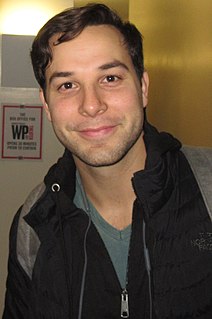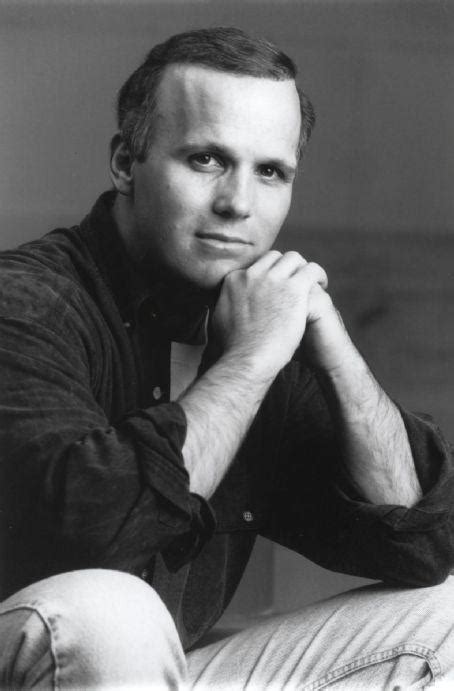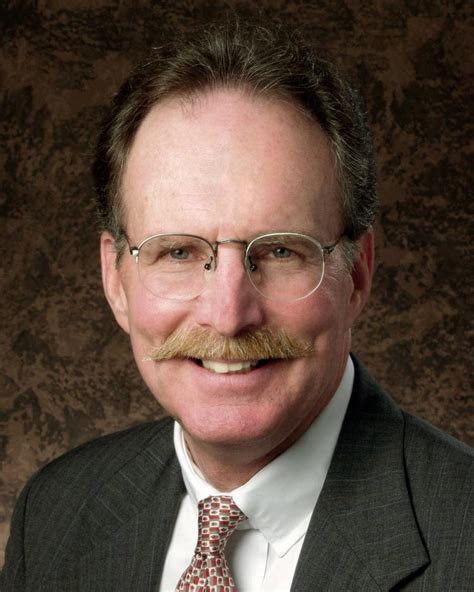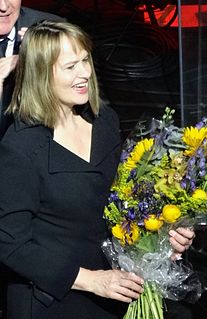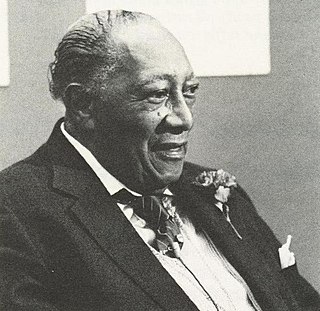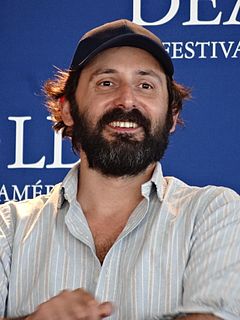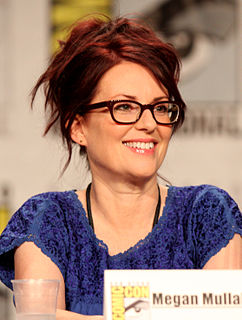A Quote by Lucy Davis
Sometimes if you do a multi-camera comedy, often there's rules, like, 'We've got to have three main laughs per page.'
Related Quotes
[on making the transition from the comedy "Mary Tyler Moore" (1970) to its dramatic spin-off series "Lou Grant" (1977)] We were really worried about changing over from a three-camera, half-hour comedy to a one-camera, full-hour drama. The audience wasn't ready for the switch - even CBS billed us in their promos as a comedy. In fact, the whole thing was impossible. But we didn't know that.
When you watch an audience watching my movies, you realize that nobody laughs at the same time. Some people enjoy a beat, and then another group of people are laughing at a sight gag, and then someone laughs where nobody laughs before. They're not timed like a comedy. You're not supposed to laugh at every joke. You decide.
When you do comedy, the audience is not your boss. They are your collaborators and when you collaborate with someone you don't have to listen to everything they think or say. Sometimes you're not getting the laughs you want or at the place you want but that doesn't mean it's not funny. It means you haven't explored it enough. I'll get laughs in the places I don't want them and that makes me realize the direction I want to go in.
